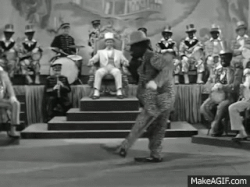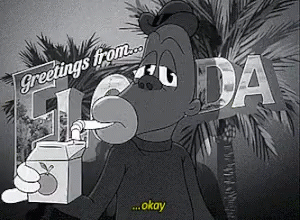I didn’t think that we would be talking about minstrel shows as American popular music, but since we’re here…WHY NOT!
The minstrel show, to me, is one of the darkest points in American pop culture. It seen as almost a national treasure and it’s everywhere…

And I mean EVERYWHERE! Even children have seen reminiscence of the minstrel shows.

We’re told that the minstrels lead to the separation of whiteness vs. blackness, but it feels so much bigger than that. The minstrel show is more like a separation of blackness from the rest of the world. To many people, it is just entertainment, using blackface and minstrel songs about slavery and laziness to get laughs; however, it is humiliating among the black community. The mass production and spreading of the minstrel shows makes it worse as it lead to stereotyping and more discrimination against black people that still happens today.

We also talked about black people today who use the minstrel show concepts for laughs, like Dave Chappelle, or who use a form of blackface as a persona, like 50 cent. It’s something I never thought about, but it’s probably because it’s an idea that is so entrenched in pop culture that even people within the black community don’t see or realize it. However, I do hold the argument that although people like 50 cent dress like thugs for their careers, they’re also the products of their surroundings. I know many people who dressed and acted like 50 cent did when he was a rapper, but that was the environment that they knew. Kendrick Lamar is an artist that is sometimes consider too “black”.

Does Kendrick use minstrel concepts for his music because he is a “hoodlum” from Compton? Some people would argue yes, but I believe there is a difference between using blackness for entertainment value, and being a product of your environment. I would argue that more black entertainers are more likely to be products of their environment than certain white entertainers who use black culture as marketing opportunity.

 Comments(0)
Comments(0)














